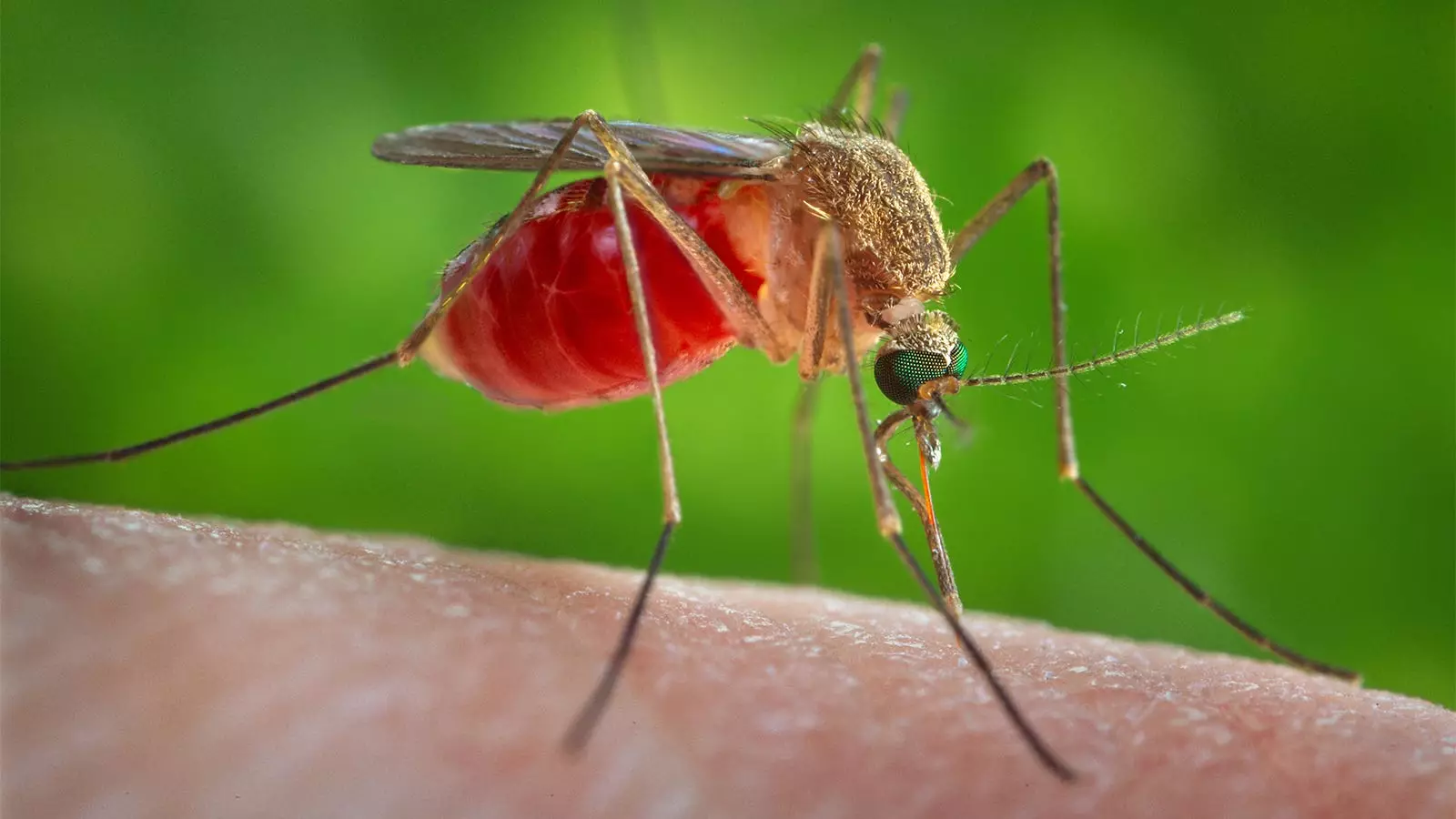An alarming report from the CDC has highlighted the emergence of Oropouche virus disease, also known as sloth fever, among travelers returning to the U.S. from Cuba. While no fatalities have been reported and there is no evidence of local transmission within the U.S., health officials are urging vigilance among healthcare providers to detect and address potential cases of the infection.
The Oropouche virus, originally identified in 1955 in Trinidad, is native to forested tropical areas. Named after a nearby village and wetlands, the virus is transmitted to humans by small biting flies known as midges, as well as certain species of mosquitoes. Although transmission from person to person has not been documented, travelers visiting forested regions have inadvertently facilitated the spread of the virus to urban areas.
In recent months, Oropouche virus has caused large outbreaks in Amazon regions, as well as new areas in South America and the Caribbean. Bolivia, Brazil, Colombia, Cuba, and Peru have reported approximately 8,000 locally acquired cases. The U.S. has confirmed 21 cases, with Florida reporting 20 cases and New York reporting one case, all linked to travel to Cuba. Europe has also seen 19 cases, predominantly among travelers returning from affected regions.
Symptoms of Oropouche virus disease mimic those of other tropical illnesses such as dengue, Zika, and malaria. Common symptoms include fever, headaches, muscle aches, diarrhea, nausea, vomiting, and rash. Some patients may experience recurring symptoms, while severe cases can lead to complications like bleeding, meningitis, and encephalitis. Despite recent reports of fatalities in Brazil, there are currently no vaccines or specific treatments available for the disease.
Potential Risks and Precautions
Concerns have been raised in Brazil regarding possible vertical transmission of the virus from pregnant women to their fetuses, echoing a similar pattern observed during Zika outbreaks. As a precautionary measure, the CDC has advised pregnant women to avoid non-essential travel to Cuba and recommended all travelers take preventive measures against bug bites, such as using insect repellents and wearing protective clothing.
The emergence of Oropouche virus poses a significant public health threat, particularly in regions with favorable conditions for its transmission. As the global community grapples with the ongoing COVID-19 pandemic, it is crucial to remain vigilant and proactive in addressing emerging infectious diseases to prevent further spread and protect vulnerable populations.

Leave a Reply